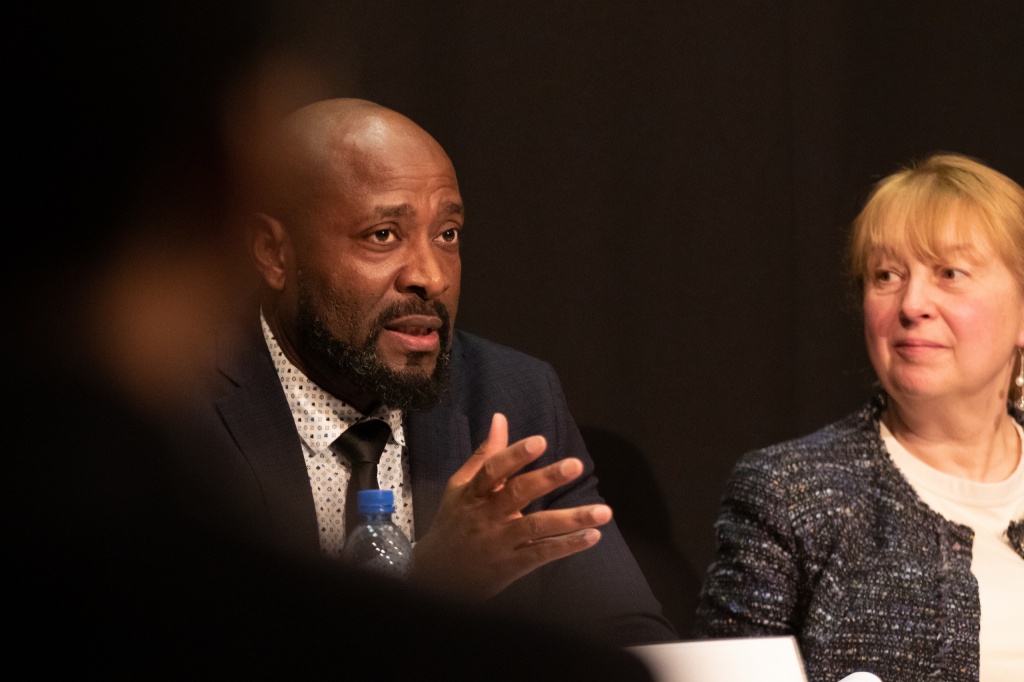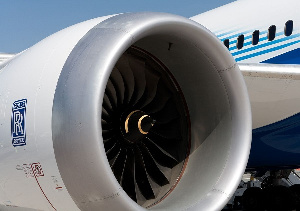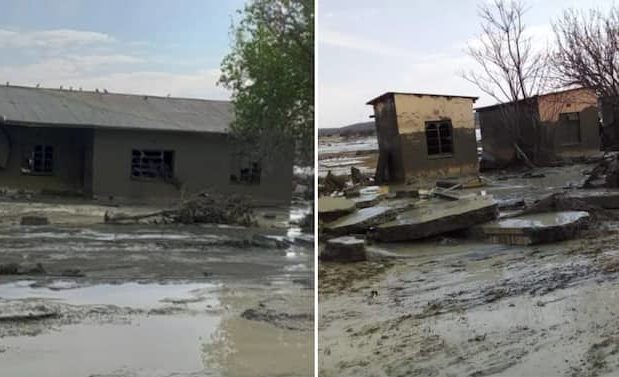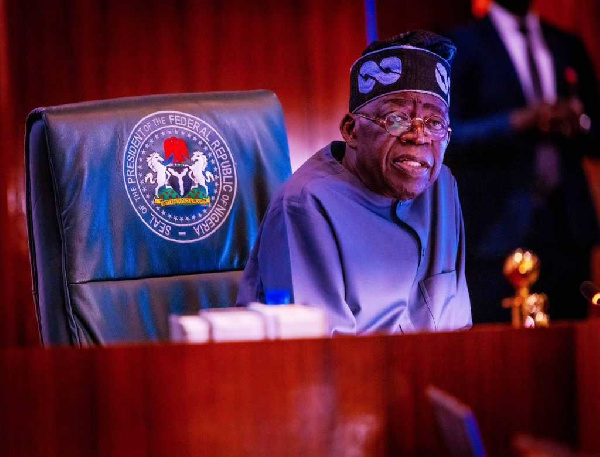News Africa
An Association to Coordinate Educational and Media programs between Russia and Africa

Under the aegis of the Russian-African Club of Moscow State University named after M.V. Lomonosov, a Memorandum on Information Cooperation between African and Russian Media was signed and also an association comprising Russian and African journalists was established. The association is designed to coordinate Russian-African relations.
Speakers and listeners from 15 countries discussed ideas for the development of information, scientific and educational cooperation between Russia and Africa. Participants were Russian and African diplomats, journalists, writers, bloggers, scientists, teachers, public and cultural figures. The event was attended by representatives of 15 countries: Russia, Cameroon, Somalia, Ethiopia, South Africa, Togo, Mali, Senegal, Algeria, Guinea, Ivory Coast, Central African Republic, Morocco, Benin, Nigeria.
The meeting was opened by Vice-President of the Russian-African Club, Dean of the Faculty of Journalism of Moscow State University named after M. V. Lomonosov E. L. Vartanova. In her welcoming speech, she stressed that the Memorandum continues and develops the initiatives put forward 32 years ago in the interests of the independent African press at the UNESCO seminar in the capital of Namibia. Executive Secretary of the Russian-African Club A.F. Berdnikov, who also acted as the lead moderator, expressed the hope that this initiative would be another important step in the long history of mutually beneficial cooperation on the path to strengthening comprehensive ties between Russia and Africa.
Throughout the event, together with the vice-president and executive secretary of the Russian-African Club, the speeches of the participants were commented on by the moderators: Deputy Dean of the Faculty of Journalism of Moscow State University for International Cooperation A. A. Gladkova, President of the Public Diplomacy Foundation I. L. Shershnev and President of the Cameroonian Diaspora in Russia L. Gowend. The latter also made a report in which he outlined the lines of work to create a database of African and Russian media, which will become the foundation for sustainable cooperation.
Many participants in the discussion have already become regular guests of the Russian-African Club events. Among them are V. V. Pushkov, Director for International Cooperation of Rossiya Segodnya and Sputnik Radio, G. G. Monastyreva, Director for Humanitarian Projects of the Association for Economic Cooperation with African Countries, and Head of the Travel Institute Congress and Expedition Center, co-founder and editor-in-chief of the Africana.ru portal I. O. Sid, director of the publishing house ‘Le Panafricain’ Diakate Abdou Karim. At the meeting on May 3, they raised issues of media cooperation, spoke about their experience in developing joint humanitarian projects and talked about the principles of Afro-intellectualism in journalism.
A number of colleagues from Africa raised questions of international prestige and representation of African media. Abiodun Salavu, a researcher at Northwestern University, highlighted the lack of representation and targeted support for independent African media, while Guinean journalist Sou Mamadou Alfa spoke about other challenges African journalists face in his own country.
Another line of conversation was directly the possibility of cooperation between interested parties. In this vein, RUDN researcher Mohammed Jamiu Mustafa presented an analysis of the Russian-African media market, and the president of the ‘3E-Bridge’ Association, Dawi Uafaa, emphasized the importance of academic cooperation in the field of short-term education.
Systemic issues were also raised – for example, researcher at the Cape Peninsula Institute of Technology Sisanda Nkoala spoke about the development of African media in the context of the impact of the Covid-19 pandemic on the industry. While the President of the African Diasporas Union, Kinfu Zenebe Tafesse, invited participants to reflect on the possibility of a free media in an unbalanced international relationship.
International relations and the alignment of forces in the global arena have become a separate topic for discussion. The discussion was attended by diplomats and political scientists who discussed the specifics of relations between the countries. Dean of the Higher School of International Relations and World Politics of NSLU S. A. Kolobova spoke about the experience of building youth cooperation between countries at the regional level, and the director of the Center for Geopolitical Studies of the Institute for Innovative Development D. Rodionov shifted the focus to a specific example of relations, having analyzed the cooperation between Russia and South Africa. The central theme of the report of the representative of the Fidel Castro Foundation I. Lukyanov was the US influence on the development of African countries. Guided by the experience of his country, the adviser to the President of Somalia, Abdi Noor Said Dahabo Jama Dode, covered the same topic.
Russian-African club based at Lomonosov Moscow State University was established in 2022. The club aims to strengthen close ties and comprehensive relations between Russia and African countries. As part of these efforts, several round table meetings were already held to build a lively and trustworthy dialogue between the two continents. The milestone meeting of the Russian-African club was coordinated to coincide with the 30th anniversary of the World Press Freedom Day and the 32nd anniversary of the Windhoek Declaration for the Development of a Free, Independent and Pluralistic African Press, produced on May 3 of 1991 at a UNESCO seminar in Windhoek (Namibia).
Source: Thepressradio.com|Kestér Kenn Klomegâh





